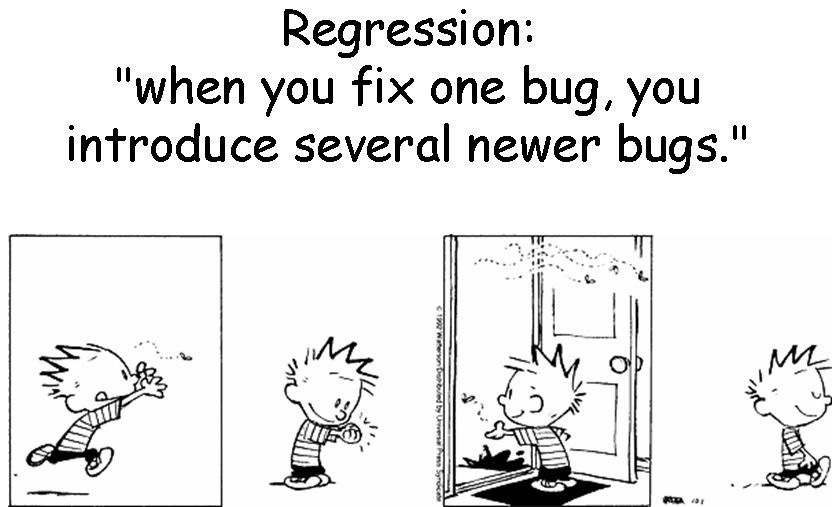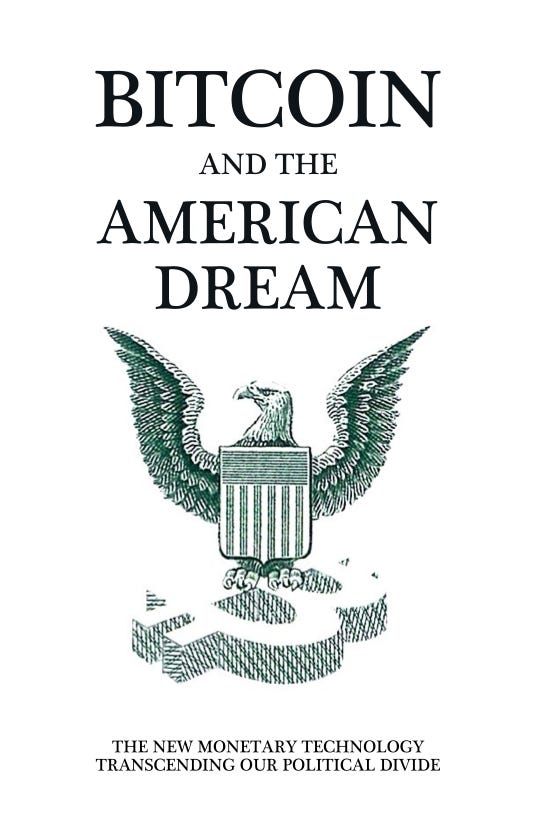It’s really odd when the news media says something is going to happen and then it does. I say odd because news broadcasters are famous for their hyperbole, like Manhattan being underwater by the year 2015 or oil running out by 1992. So when they get one right, it’s either because broken clocks are right twice a day, or because someone is making sure that they’re right.
The US media told us months ago that Russia was going to invade Ukraine. This wasn’t just one news source, it was pretty much all of them. They were all singing from the same song sheet, like in a well-rehearsed play. Then shortly after the Winter Olympics, Russia invaded Ukraine. Right afterwards, we saw the news media singing from the song sheet again, though this time, not a prediction, but action. They’ve all begun talking about how unfair everything is for Ukraine, with hints at US involvement.
We’ve all seen this before. I get wary whenever I hear the news media singing from the same song sheet. In 2003 we were told that we needed to invade Iraq because the terrorists were there. In 2008 we were told that we needed to bail out all the banks because otherwise we would have financial chaos. In 2020 we were told that we needed to lock everyone down because otherwise huge numbers of people would die. In each, the public consented because of the seeming consensus of opinion from all corners.
Looking back, it’s really odd that all three of these things were so unanimously supported by both parties and the media with almost a resigned inevitability from all involved. Given the murky outcomes, their confidence in these actions was at best misplaced and at worst completely manipulated. Our record when it comes to these unanimously supported measures is terrible.
The fact that it looks to be happening again makes me very skeptical of the current narrative. If we look at the major issues of the day before the whole Ukraine thing we see a pattern.
COVID is the obvious issue. Every government, including Canada, is starting to ease up on the lockdowns. Some are slower than others, but there’s a clear pattern of governments going in one direction. There’s no talk of anyone going into harsher lockdowns. Quietly, everything seems to be winding down in terms of COVID restrictions, though any flareup can easily be blamed on/justified by the war.
Inflation and the economy were the other huge issues. Notice how the narrative has shifted from inflation in general to gas prices in particular. They seem to be catching up more than anything, but it’s now being blamed on the war in the Ukraine. 10Y US Treasuries hit 2% before the conflict. This has come down to 1.7% after as US dollar demand has gone up. Inflation looks to have a bit of the respite during the dollar resurgence, but anything hurting the dollar going forward can be blamed on the war.
Everything seems to be lining up to make the war a scapegoat going forward. And in a perverse way, this makes sense. The war can justify all sorts of things, like prices going up, some form of price controls, an economic slow down or even sacrifices demanded of us.
Lots of people are saying that there’s no way the US will get involved in the Ukraine. I’m extremely skeptical of this view because we said the same things in 2003, 2008 and 2020. I don’t think it’ll be long until the war will be used as a scapegoat for everything bad that’s going to happen and for that I believe the US will get involved.
Bitcoin
Chris Belcher has an implementation of Coinswap called Teleport. The idea is pretty simple, two people can swap their UTXOs which have no correlation to each other and breaks any chain analysis. Currently, the protocol uses p2wsh addresses, which are relatively rare, so there isn’t that much of an anonymity set to hide behind, but it will be interesting to see if this gets ported to Taproot. Given that Taproot doesn’t have the distinctions that Segwit v0 has of single and multi key locks, this should make for a larger anonymity set going forward.
Chris Stewart has posted on how you can do subscription payments using DLCs. The mechanism here is very clever in that it uses adapter signatures to limit how much the subscription service can take out of a UTXO. The UTXO can be moved away by the owner at any time and is intended to fund the subscription. Although I hate subscription services with a passion, I have to admit that this is a great way to adapt Bitcoin to the current economy of subscription payments. I hope they make this a reality with subscription donations a la Patreon soon.
Reckless Satoshi has created a non-KYC fiat to BTC exchange called Robosats. It’s essentially a peer-to-peer trading platform that uses fidelity bonds to enable a trust-minimized exchange. There’s still some amount of adjudication that needs to take place if there’s dispute about the fiat transfer, but it’s about as good as it’s going to get given that fiat is one side of the equation. I really like the fact that this is all open source and it will be a great resource in places that ban Bitcoin, which I suspect will happen somewhere in the next 10 years.
Lightning
Voltage gives good advice on failing Lightning payments. They give practical advice about opening channels with better connected nodes, making sure those nodes are up and having more channels open in general. Having lightning payments fail is one of the drawbacks of lightning, and it’s for that reason that I have several LN wallets for commerce. It would be nice if such payments were more reliable. The nice thing is, improvement for any one node benefits everyone else connected to that node.
Kevin Rooke explains what the different payment levels of Bitcoin are and what layer is appropriate for each. The idea is that there are very low payments (like sub-penny) which fiat systems can’t serve as well as very high payments (like over $20M). What’s remarkable about Bitcoin is that it can serve a much larger range of payments. Still, the vast majority of payments, as he points out, are in that middle payment level where many merchants are still paying 3% in credit card fees. From a payment perspective, this is the sweet spot for Lightning to go after.
Steven Ellis publishes a way to get a LN node going profitably! There have been a lot of people running LN nodes for utility or experimentation, but the network long term needs to be run for profitability and this is an excellent step towards that. His node gets a 1.44% APR on his coins, which is pretty decent given that he has custody of the coins. He has great advice on choosing which nodes to open channels with and sources of inbound liquidity. I hope people will be able to make a living this way eventually so that the network becomes more robust.
A new paper proposes a way to route payments that preserves privacy. The paper uses something called LightPIR, a routing method that will take a more circuitous route than the algorithms that minimize fees. We’ve always known that Lightning has a lot of potential for privacy, but the network isn’t necessarily optimized for that sort of thing yet and implementation of privacy tech on this layer will become a big part of the network. I honestly wonder how much such things will be used especially compared to layer 1.
Economics, Engineering, Etc.
Alex Gladstein has a thoughtful long-read on how fiat money incentivizes war. As usual, the incentives get terribly skewed because of fiat money, including all the costs for war. As Alex explains, any democracy with sound money would mean the citizens bear the costs of war, but fiat money can obscure this through debt. Debt is a convenient mechanism for the massive expenses of war and results in a lot more unnecessary escalation. The piece is worth reading in full.
MaxBit has more details on the Impervious AI browser set to launch at Bitcoin 2022. Among other things, they’re supposed to have video, audio and text content available without ads and instead relying on direct monetization through the Lightning network. There are some intriguing videos that show some pretty nice features. The browser may very well be the killer app for the Web we’ve always wanted.
Tom’s Hardware has more details on Intel’s new miner, the BMZ2. It looks like it’s going to get 135 TH/s, beating the S19’s 110 TH/s while being about half the price. If these numbers are accurate, this is going to be a hot item for a long time. I wonder what kind of volume they’ll be able to ship, especially given how hard it is to procure chips these days. I love that there’s more competition and I hope they do well.
Tomer Strolight argues that Bitcoin has significant brand equity. The article examines what brand equity is and why Coca-Cola has been dethroned from that perspective in the last 20 years. His argument is that code is what gives brand equity since code is what makes peoples’ lives more convenient in some way. I would add that there’s a network effect to all the companies that he mentions and that Bitcoin has an even stronger network effect due to it becoming the Schelling point of money.
Quick Hits
Here’s a nice guide to buying anonymously on Amazon using BTC.
Lugano made Bitcoin legal tender.
BTC Policy Institute makes an argument for why BTC doesn’t help Russia.
Another week, another centralized altcoin proves how centralized it is. And another. And another.
Events
I am going to be at Bitcoin 2022 in Miami April 6-8 and Oslo Freedom Forum in Oslo, Norway May 23-25.
I’ll be doing the Programming Blockchain seminars in Miami April 4-5.
Podcasts, Etc.
I didn’t record a podcast this week due to being in London for the Advancing Bitcoin conference, but here’s my appearance on GoSeekCreate where I talked about Bitcoin to a Christian audience.
I read through last week’s newsletter which you can find here. I was on a clips show for the Reformed Financial Advisor.
Here is the latest book which is out now!
My other books are here and here.
Unchained Capital is a sponsor of this newsletter. I am an advisor and proud to be a part of a company that’s enhancing security for Bitcoin holders. If you need multisig, collaborative custody or bitcoin native financial services, learn more here.
Fiat delenda est.











Insightful blog
Thank you